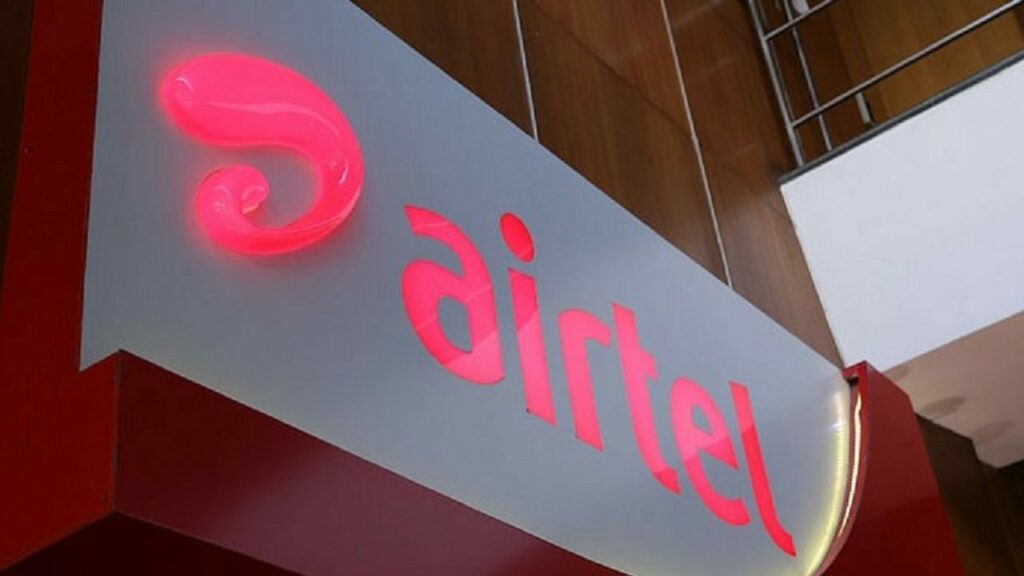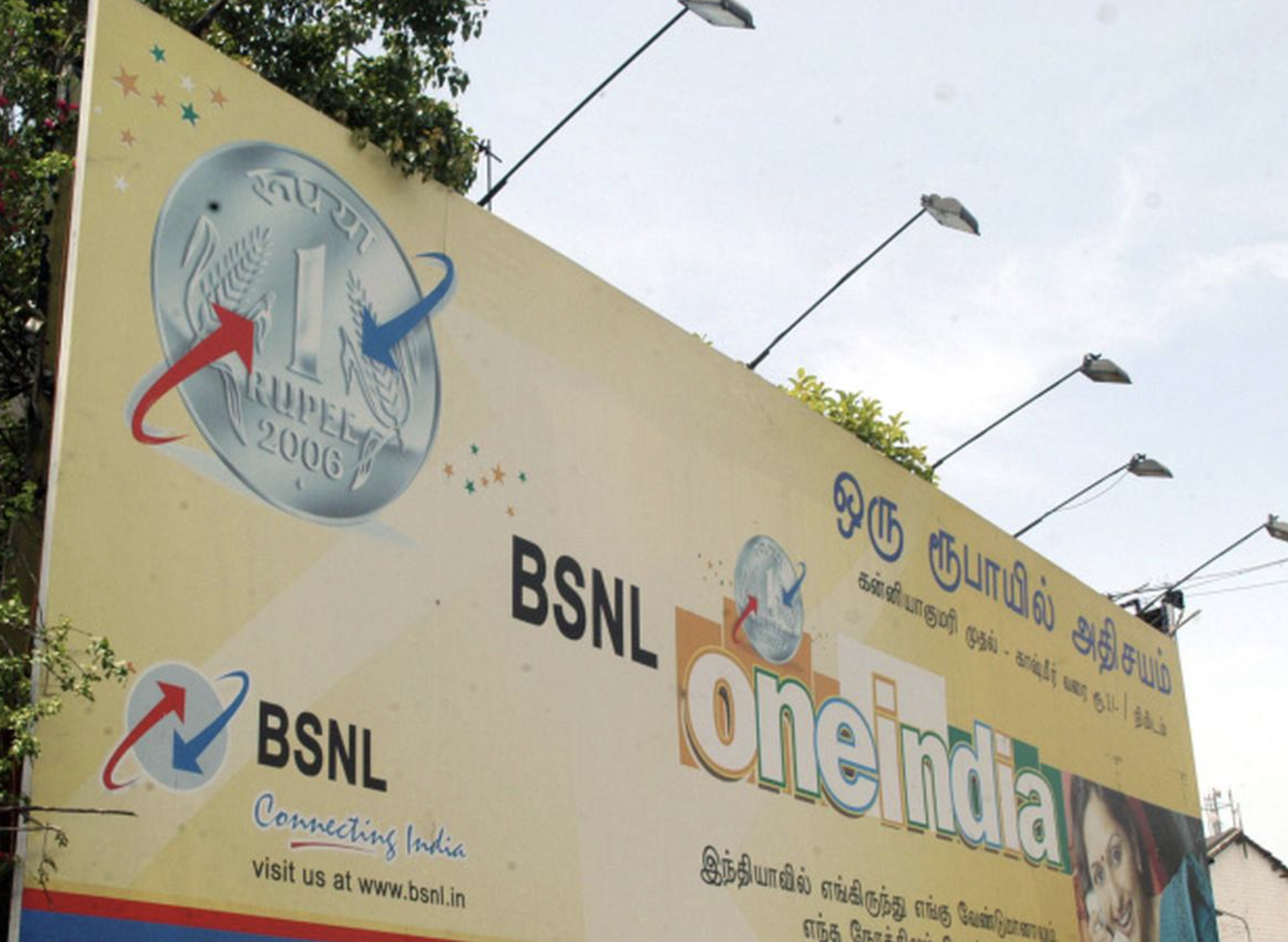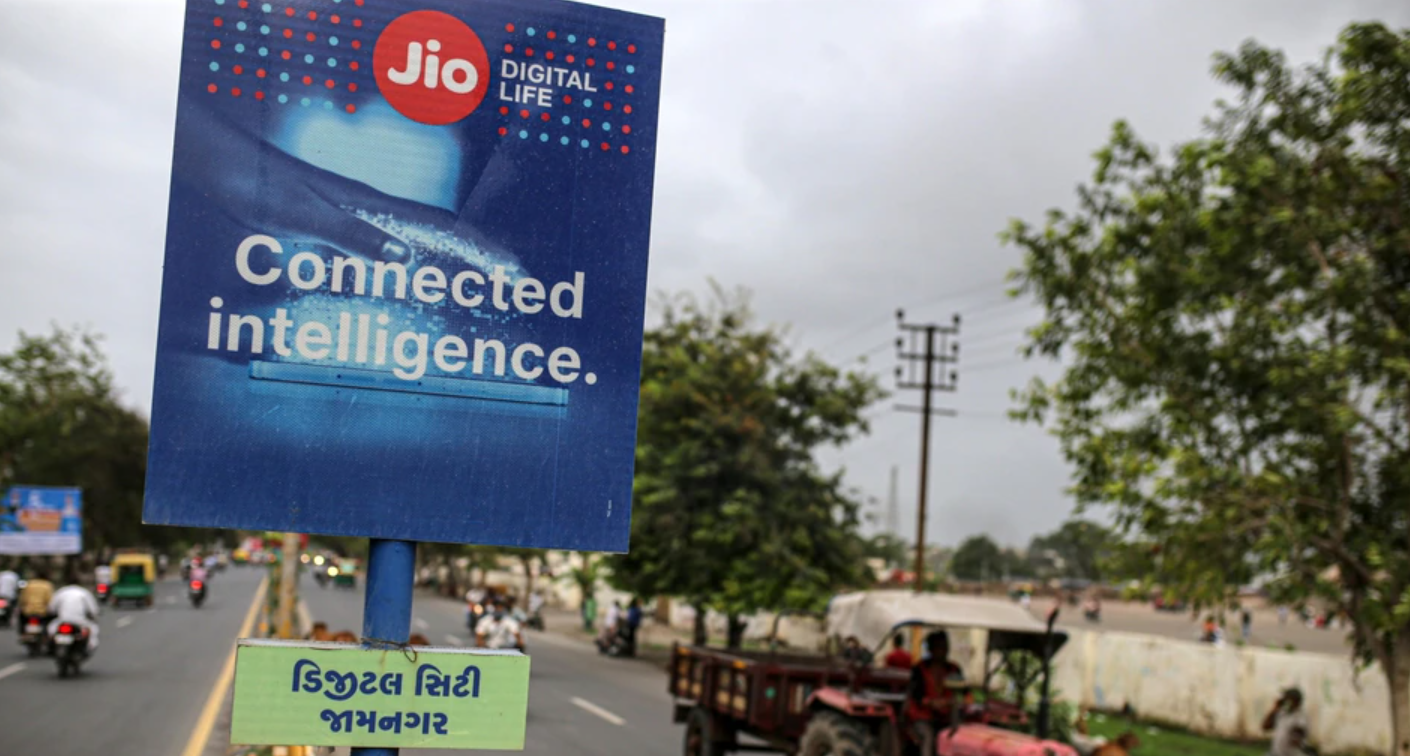Bharti Airtel, India’s second-largest telecom operator, has announced an increase in mobile tariffs, following a similar move by Reliance Jio. The new tariffs will take effect from July 3, 2024, with increases ranging from 10-21 percent across various plans.

Details of the New Tariffs
Airtel’s price hike will impact several plans, including entry-level and unlimited voice plans. The tariff for entry-level plans will increase by less than 70 paise per day, ensuring minimal burden on budget-conscious consumers. Unlimited voice plans will see prices rise from Rs 179 to Rs 199, Rs 455 to Rs 599, and Rs 1,799 to Rs 1,999.
Rationale Behind the Hike
Airtel has consistently argued that the mobile Average Revenue per User (ARPU) needs to exceed Rs 300 for a financially sustainable business model in India. This latest tariff hike aims to move closer to that target, improving the overall financial health of the telecom industry.
Industry Context and Comparisons
The tariff hike by Bharti Airtel comes a day after Reliance Jio announced a 12-25 percent increase in tariffs across all mobile plans. Jio’s move is expected to boost its ARPU, which had stagnated at Rs 181.7 for three consecutive quarters until March 2024. Historically, India’s telecom ARPU has been among the lowest globally, necessitating such price adjustments for sustainability.
Spectrum Auction and Industry Dynamics
In the recent telecom spectrum auction, which concluded on June 27, Bharti Airtel emerged as the top bidder, securing 97 MHz of spectrum for Rs 6,856 crore. In contrast, Reliance Jio acquired 14.4 MHz for Rs 973 crore, and Vodafone Idea (Vi) secured 50 MHz for Rs 3,510 crore. These acquisitions are crucial for expanding network capacity and improving service quality.
Future Implications
The tariff hikes by Airtel and Jio are expected to set a precedent for other telecom operators, potentially leading to a more financially stable telecom sector in India. As the industry evolves, consumers may need to adjust to higher costs for mobile services, but these changes are deemed necessary for maintaining and enhancing service quality.













